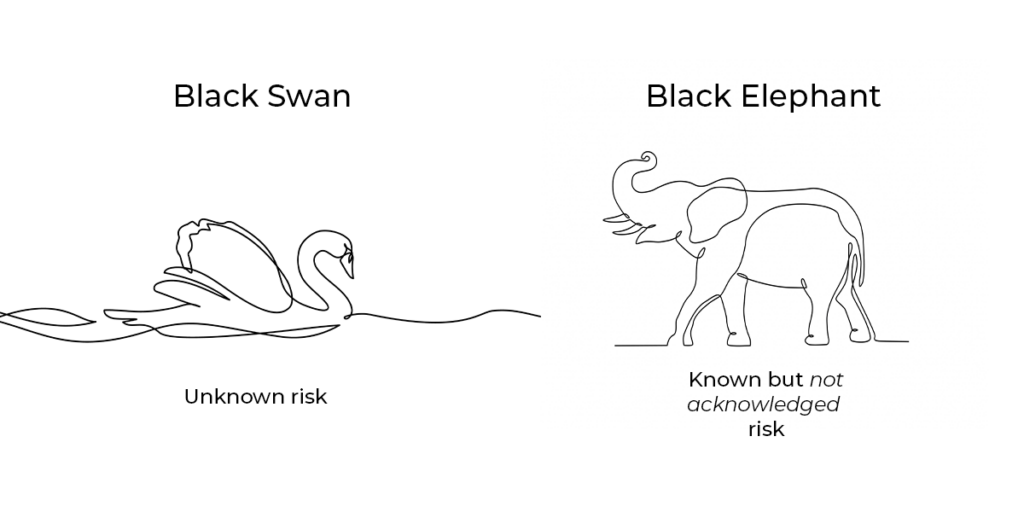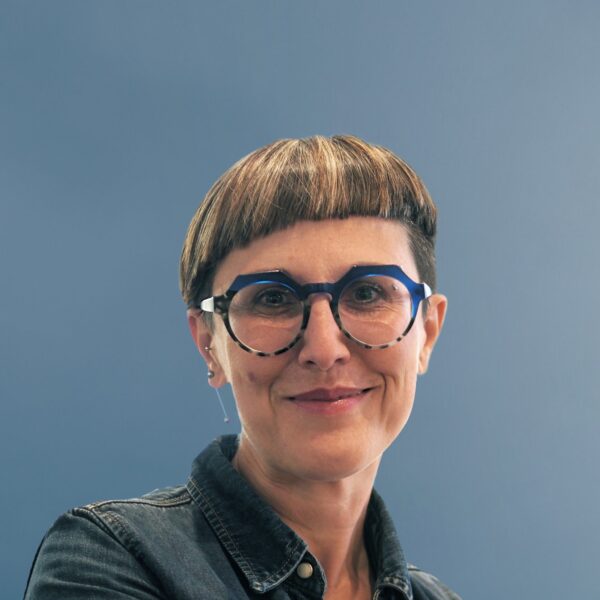Spotting emerging trends at an early stage is key for the international civil society sector to be able to adapt and respond to those trends before they could have a negative impact or in order to make the most of an emerging opportunity.
Trends and early signals are not always easy to spot and futurists and strategists within ICSOs are always looking for new ways and methods to get better at anticipating future scenarios in order to make the sector more resilient.
Last Autumn during our Scanning the Horizon annual community meeting, Will Garrood from WaterAid ran an inspiring session to map, together with other key players and (I)CSOs, what trends we missed from 2022 and reflect together on why we missed them.
Scanning the Horizon is the only collaborative trend scouting and analysis platform in the civil society sector. Members include leading ICSOs, national CSO umbrella organisations, philanthropy and development consultancies. It is a cross-sector community of experts and practitioners that gets together to share insights, explore key trends and develop relevant strategies.
Here we are sharing our main learnings looking back at the trends we missed, and – more importantly – trying to unpack why we missed them.
What trends we missed
We were thinking a war was probably likely, but no one anticipated there would have been one in Europe! (a Participant)
In a group exercise we mapped a series of trends that by that time had become visible but that no one in the group had anticipated before. Below is a selection of the missed trends.
Conflict in Europe: this was something that no one in the group had anticipated as an imminent risk and that has profoundly impacted the sector, including through a diversion of funding towards supporting the local population after Ukraine’s invasion.
‘Weaponisation’ of Energy: one of the after-effects of the war in Ukraine was that the use of energy sources and access to them became an additional ‘weapon’ used by Russia to put pressure on countries to not intervene in the conflict.

Cyber and Digital Security and cyber conflicts: (I)CSOs have generally a good awareness of the possible impact of digital advancements as well as digital threats to their work, for example in the ways in which digital tools and media could exacerbate misinformation/ disinformation and malinformation but the large rate of increased attacks and risk to cybersecurity and the huge leap in large-language AI models, such as ChatGPT took many by surprise. The Centre recently published a study sharing useful practical insights on how can (I)CSOs better protect the communities they serve and their own work against cyberattacks.
Why did or do we miss trends?
The second part of our exercise with the Scanning Community focused on why people and organisations had not seen these trends coming or underestimated them. This is an even more important question to ask because if we reflect and identify the reasons why people usually miss these trends, then we can at least attempt to not fall into these traps again.
Below is what we learnt.
- Trend Overload: for those who are not full-time futurists (and even for those who operate in this role full-time) keeping up with all the trends, publications, signals are not an easy task. ‘Trend overload’ might become a problem as we are not sure which one to consider and which one to prioritise. Getting trends scouting to become a regular exercise may help with that and learning to prioritise our sources for trends mapping and foresight will also help.
- Between Black Elephants and Black Swans: Some events are of course simply unpredictable (so-called Black Swans) but others are known and understood and yet not addressed. These phenomena are described as Black Elephants and they describe events that people tend to ignore, like global warming or the risk of more pandemics going forward. Ways to mitigate the impact of these Black Elephants are various, including calling these ‘elephants in the room’ by their name, celebrating the mitigation stories that help us remember that black elephants can still be avoided or breaking the silos of different organisational departments that stop important knowledge about trends and risk to circulate more widely.

- Disconnect between communities and language: When many people in (I)CSOs, corporates and governments don’t share language and discussion spaces, this is likely to mean things are missed. It may also be about who in (I)CSOs is thinking about these issues. There may be areas where government-facing teams are talking about issues a lot, but it isn’t percolating into the wider organisation. We talked about Ukraine in the discussion, but China/Taiwan may be another useful example.
- Unconscious bias: when we observe the trends that are emerging we cannot avoid bringing with us our unconscious bias, the things that we assume to be true based on what happen in the past and that help us orienting ourselves in the future. Unconscious Bias (e.g. confirmation bias or affinity bias) are associations we all hold and that we might not be aware of but few techniques are available that can help are people to break their Bias habits. Opening up the future scanning exercise to a more diverse group and bring into our future thinking new and different perspectives might be another way to address this issue. To deal with unconscious bias we would need to make sure we get the right information first, but then we have to make sure we don’t discount it!
The unpredictability of global trends and the challenges of mapping and noticing the new trends emerging makes it very difficult for civil society organisations, in particular those with an international remit, to better use the future in order to deal with the present. Coupled with the busyness of everyday workload it seems increasingly difficult to take the time to pause and think through where organisations are potentially vulnerable or how to be more prepared and proactive to make the most of future trends and opportunities. However, it is incredibly important for civil society organisations to be planning for the long-term and taking the time to ensure we are fit for purpose and able to meet the challenges and embrace new innovations in our work. This will help (I)CSOs to respond rapidly when these events do happen as they will not be starting from scratch.
 At the Centre we are collaborating with our members and other partners to develop a stronger future literacy in the sector and work together in mapping as well as anticipating the emerging trends. The Scanning the Horizon Community brings together peers from across multiple sectors to share learning and expertise and collectively learn and trial new future methodologies. If you are working on foresight in your organisation and would like to know more about the Community feel free to contact us we would like to hear from you.
At the Centre we are collaborating with our members and other partners to develop a stronger future literacy in the sector and work together in mapping as well as anticipating the emerging trends. The Scanning the Horizon Community brings together peers from across multiple sectors to share learning and expertise and collectively learn and trial new future methodologies. If you are working on foresight in your organisation and would like to know more about the Community feel free to contact us we would like to hear from you.







